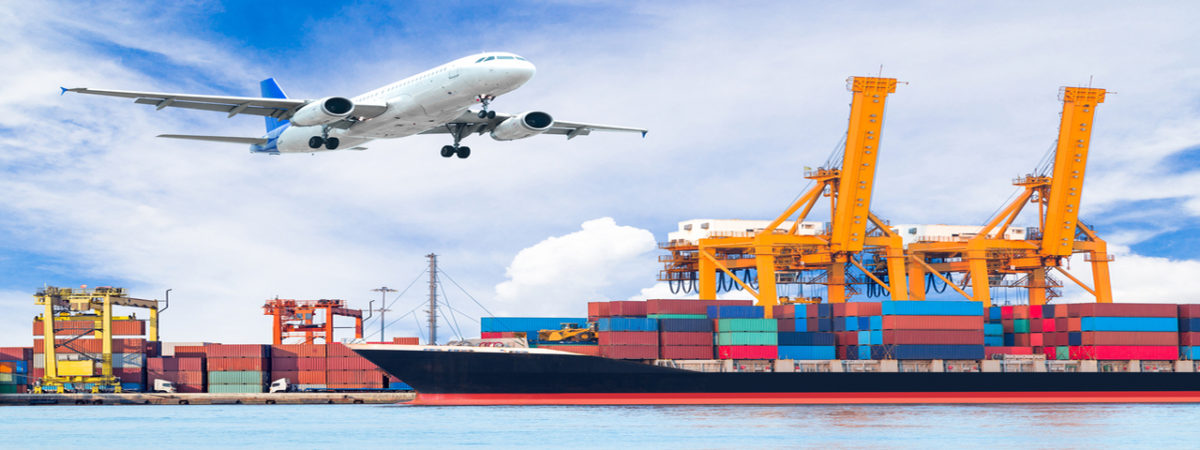The beneficial impact of offshore finance
SUGGESTED



Shadow Chancellor John McDonnell doubtless thinks so, believing that the tax planning these jurisdictions make possible only hurts other countries.
Yet a look at the evidence might surprise him. There is ample reason to venture that the unprecedented rise in living standards and the related decline in global misery since 1980 couldn’t have happened without offshore financial centres, less charitably known as “tax havens”.
The regions into which foreign investment has poured in recent decades – such as China, Latin America, and Africa – are generally considered unreliable in their commitment to due process and the rule of law. Tax havens provide neutral intermediate jurisdictions where investors can be sure that their person and property will not be arbitrarily mishandled by greedy and corrupt politicians.
Additionally, an increasing share of global capital moves through collective investment vehicles such as mutual and pension funds. Were it not for the existence of offshore centres, which deliberately eschew the taxation of capital income, the returns on such multinational investment would be subject to an additional layer of taxation.
The result would be lower returns for ordinary investors.
The absence of capital taxes in offshore centres doesn’t mean, as popular accounts often suggest, that these places levy no taxes on their residents.
On the contrary, jurisdictions such as the Cayman Islands raise 38 per cent of their GDP in tax each year, comparable to the Netherlands and ahead of Spain and the UK. They do so, however, through sales and import taxes, rather than taxes on personal and corporate income.
This policy is not an attempt to steal other countries’ tax base. Rather, it is based on offshore centres’ judgement that, being small and usually lacking natural resource endowments, their best hope for growth was to make themselves attractive to global capital.
The shift from direct to indirect taxes that these jurisdictions have effected, moreover, follows the policy playbook of august bodies like the International Monetary Fund.
Tax havens do not undermine the taxing ability of other countries – in fact, there is evidence that proximity to a tax haven actually raises investment and growth in adjoining jurisdictions. To developing nations, offshore centres are often not competitors, but complements, making it easier to lure capital from western investors.
To be sure, governments are fond of having their cake and eating it. They would like the benefits from capital mobility, such as increased growth and investment, while having complete autonomy to tax and confiscate the wealth of their residents.
Luckily, their freedom to do so is constrained by people’s ability to vote with their wallets and their feet (just ask London’s French expat community).
That said, the days when rich people could illegally evade taxes by locating their money offshore are long gone. Dozens of international agreements, signed by tax havens as well as other countries, ensure that unlawful activity can be detected and reported.
Indeed, an analysis by the Center for Governance and Public Policy showed Jersey, the Bahamas and the Cayman Islands – among others – to be much more compliant with international transparency guidelines about foreign residents than either Britain or the US. Offshore centres, relying so heavily on international capital, just cannot afford to be dodgy or careless.
Mounting evidence of the beneficial impact of offshore finance is unlikely to quell the likes of McDonnell. His enemy is not tax havens, but the free capital flows, globalisation, and trade which they enable.
But anyone who values freedom and prosperity should look on the rise of tax havens as a sign of progress.
Further reading: Offshore Bet – The benefits of capital mobility
This article was originally published by City AM.
1 thought on “The beneficial impact of offshore finance”
Comments are closed.





Thanks for the wonderful article